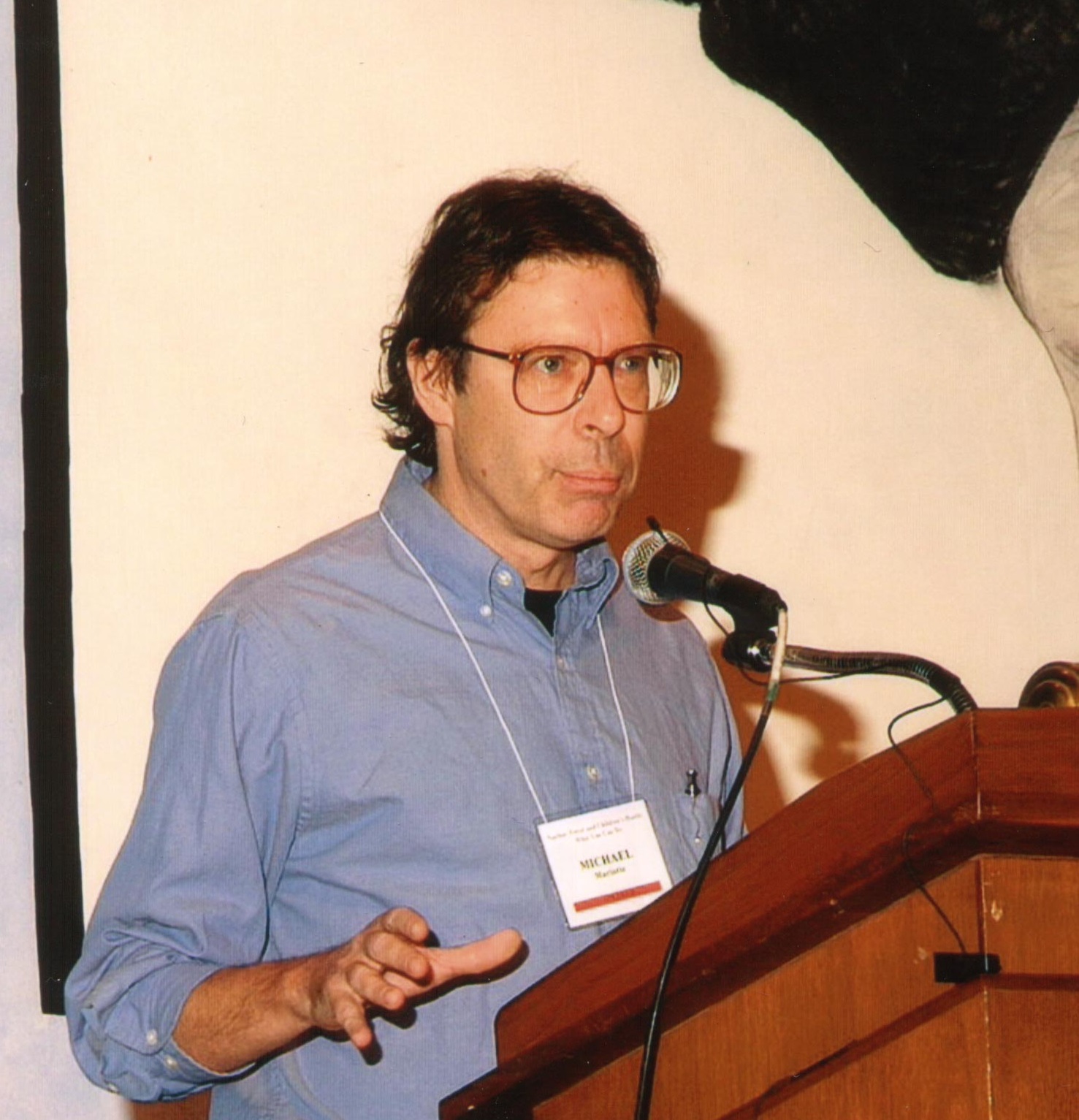Michael Mariotte: some thoughts
In years past, when my project work would divert me from posting about energy subsidies on the Earth Track blog, I'd get an incoming email from Michael Mariotte at NIRS. This wasn't an intrusive inquiry. Rather, he'd merely be checking in to be sure everything was okay, saying he'd noticed I hadn't posted in awhile and that he hoped I'd post again soon.
Which of course I would. Because if Michael could work on all of the projects he was working on; write salient and well-argued posts on his GreenWorld blog; track details big and small about the issues, people, and projects in the nuclear areas he'd been on top of for decades; indeed, if he could take time out to email me despite battling cancer -- surely I could find time to crank out a post or two.
So I guess it is somewhat fitting that, after another one of these blogging gaps, I end the hiatus by properly noting Michael's passing this past May from pancreatic cancer.
You can read about the many things he accomplished during his life in far more auspicious venues than this one. There were detailed obituaries in the Washington Post, the New York Times, the Washington City Paper where Michael had been their first editor, and of course, by his colleagues at NIRS.
For me, Michael was like an information utility on all things nuclear. His immense dedication to rational nuclear policy was always evident, as was his encyclopedic knowledge of every aspect of the field. No matter the new paper or study that had come out, Michael already knew about it. For nuclear policy issues percolating in the news or the NGO world, he knew the history, its evolution over time, the people who shaped that evolution and how, and the forces behind the current batles. If I had questions, it would take but a brief email and he'd be back to me in short order. He was always giving of his time, articulate in his responses, and, it sure does seem, nearly always right.
The gap he has left is not one that will be filled any time soon, but the role he played was a critical one, and I am grateful to have known him.


